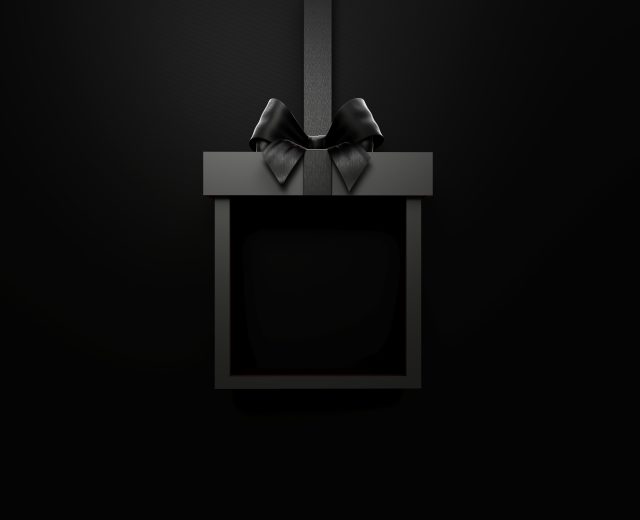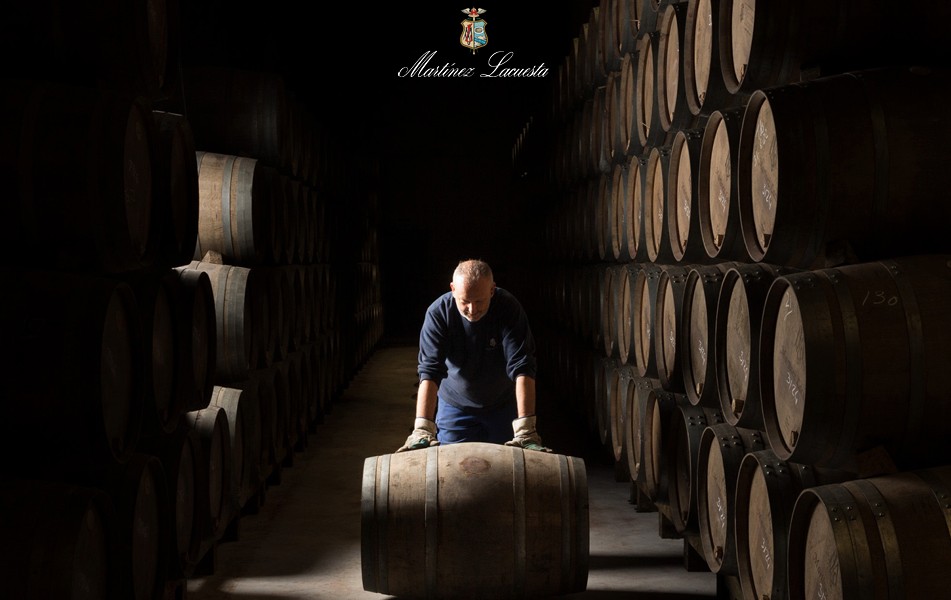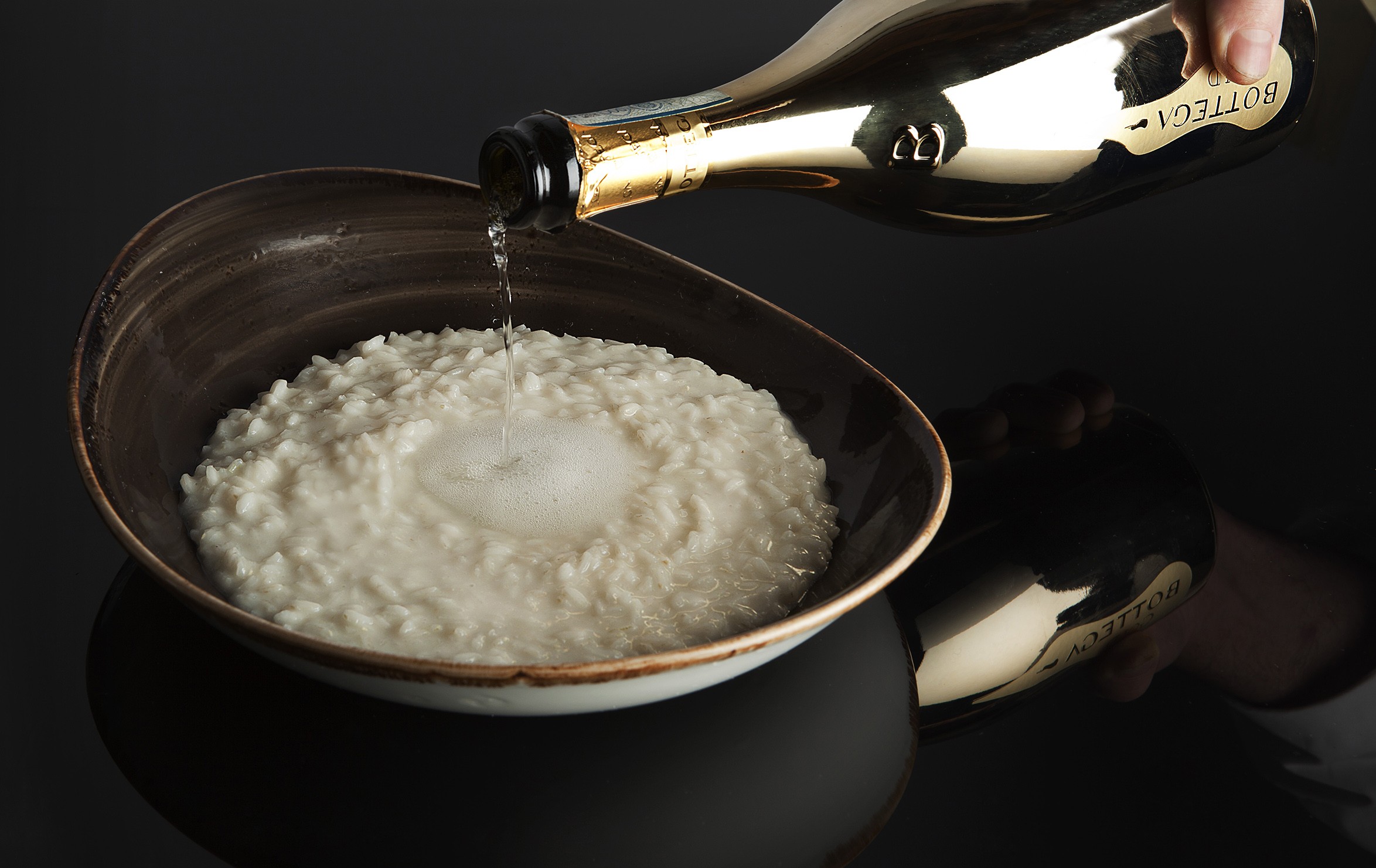Shares tumble across the board in wake of Diageo results
For the major global drinks companies it really was Black Friday last week following a shock, unscheduled trading update, reports Ron Emler.

At the end of last week, the share prices of several cornerstone drinks companies tumbled as Diageo gave investors final confirmation that inflation and consumer resistance to price rises are hitting them. That put the previously relentless drive for premiumisation under close scrutiny.
Diageo’s shares fell by 13% after it issued an unscheduled trading update which warned that growth in operating profits will slow in the first half of this financial year to Christmas because of a sales slump in Latin America and the Caribbean, a region where it derives 11% of its net sales.
Shares of Diageo’s rivals were hit in the backwash of the announcement as investors feared a global deceleration in growth, and consumers trading down to cheaper bottles.
Pernod Ricard’s shares were 5.7% lower, Rémy Cointreau shed 4.2%, while Campari and Brown-Forman both saw their shares fall by more than 3%. They have all pointed to more difficult trading conditions since the summer.
Those falls further underlined that investors fear that premiumisation and higher margins will be harder to achieve in the coming months, especially as consumers balk at the inflation-busting price rises of the past 12 months.
Diageo’s share price is now 27% below it 12-month high, Rémy Cointreau’s is 40% lower, Pernod Ricard and Brown-Forman have both shed about 25% since their year’s peak and Campari is 18% down.
Diageo said the slump in Latin America was due to a “materially weaker” performance which means its sales there are expected to fall by 20% in the half year to the end of December. That compares with the region’s net organic sales growth of 9% in the full year to the end June.
On those figures the group’s half-year turnover will be at least 2% lower than the comparable period last year, possibly more if consumers elsewhere display the same purchasing reluctance.
Diageo said that “organic operating profit growth for the first half of fiscal 24 will decline compared to the first half of fiscal 23”.
“Macroeconomic pressures have worsened and that caused lower consumption and really more consumer downtrading than what the team was expecting,” said new chief executive Debra Crew of the Latin American slump.
“These impacts are slowing down progress in reducing channel inventory to appropriate levels for the current environment.”
In other words, Diageo has found itself overstocked, especially in Scotch, its biggest seller in the region.
Yet as recently as September, Crew told investors that operating profit growth would accelerate in the first half of the current financial year.
Partner Content
However, despite the sudden hitting of the brakes, Diageo said it expects conditions to improve and sales and profit growth to pick up in the second half of its financial year which starts in January.
“At the group level, we expect to see a gradual improvement in organic net sales and organic operating profit growth from the first half …..while we continue to invest in marketing, and in the business, to drive long-term sustainable growth”, the company said.
What Crew did not say, however, was that the hoped-for growth in the second half of the year would fully make up for the present sales slump. Meanwhile, trading down and extra marketing spending will hit margins.
Pernod Ricard held its annual meeting on the afternoon of Diageo’s announcement and while chairman and chief executive Alexandre Ricard repeated that the three months to the end of September had been “soft” with organic sales falling by 2%, he chose not give an update other than to say that the group remained on course to achieve its medium-term goals.
In an interview earlier this month he had said that early indications from China’s mid-autumn festival had been mildly encouraging.
Diageo is sticking to its blanket medium-term guidance for the next two years of annual organic net sales growth of between 5% and 7% and organic operating profit growth of between 6% and 9%.
The very fact that Crew was obliged to issue the trading statement means that she will come under heavy questioning on Wednesday when Diageo hosts a Capital Markets event for analysts and advisers in New York.
They will want detail of how she sees the second half of the financial year, whether there are signs of market softness in other regions and why, despite its much-trumpeted data analytics, Diageo was caught out by a rapid slump in its business in what was believed to be a growing geographic region.
Related news
Castel Group leadership coup escalates
For the twelfth day of Christmas...
Zuccardi Valle de Uco: textured, unique and revolutionary wines




